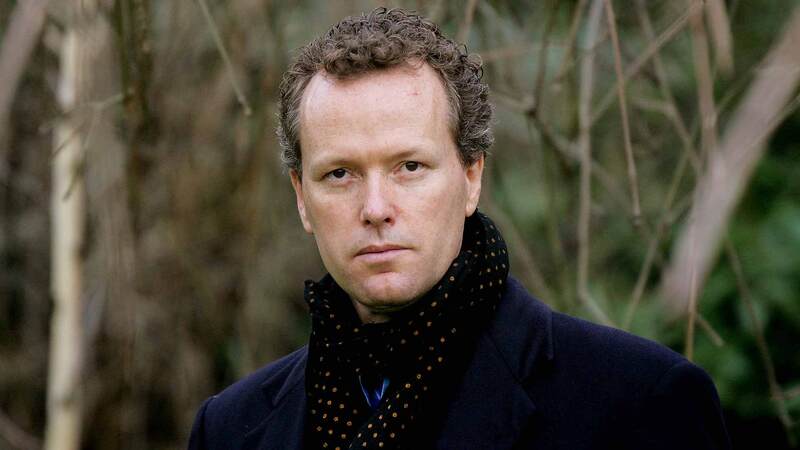You are viewing your 1 free article this month. Login to read more articles.
Marvel executive blames plummeting sales on diversity and female characters
A Marvel executive has blamed declining comic book sales on the studio’s efforts to promote diversity and female characters.
The company’s vice president of sales, David Gabriel, said readers “were turning their noses up” at diversity and “didn’t want female characters out there”, according to the Guardian which reported on an interview between Gabriel and online magazine ICv2 at the Marvel retailer summit last week.
In the interview, Gabriel attributed the fact that sales have fallen since October to the new characters. He said: “What we heard was that people didn’t want any more diversity. They didn’t want female characters out there. That’s what we heard, whether we believe that or not. I don’t know that that’s really true, but that’s what we saw in sales … Any character that was diverse, any character that was new, our female characters, anything that was not a core Marvel character, people were turning their nose up.”
Gabriel issued a clarifying statement later, saying that some retailers felt that some core Marvel heroes were being abandoned, but that there was a readership for characters like Ms Marvel and Miles Morales who “are excited about these new heroes”. He told ICv2 in a "clarifing comment": “And let me be clear, our new heroes are not going anywhere. We are proud and excited to keep introducing unique characters that reflect new voices and new experiences into the Marvel universe and pair them with our iconic heroes. We have also been hearing from stores that welcome and champion our new characters and titles and want more! They've invigorated their own customer base and helped them grow their stores because of it. So we're getting both sides of the story and the only upcoming change we're making is to ensure we don't lose focus of our core heroes."
In terms of UK sales, Marvel has experienced three successive years of growth and surpassed the £3m annual sales mark for the first time in 2016, according to Nielsen BookScan. The publisher shifted £3.18m worth of titles last year, with the ‘Captain America: Civil War’ film released in April giving the company a boost. However, the studio has suffered a drop this year with the first eight weeks of 2017 seeing a downturn of 28% in value to £395,791 and 39% in volume (to 24,491 books sold).
The publishing industry has recently launched several initiatives to boost diversity in its workforce as well as representation. Last week Stripes announced stories from writers Phoebe Roy, Mary Bello, Aisha Bushby and Yasmin Rahman will be published in A Change Is Gonna Come, an anthology of short stories and poetry for young adults written by authors from Black, Asian and Minority Ethnic (BAME) backgrounds. The open call for submissions asked for unpublished and unagented writers to send short stories on the theme of change. Also in March Jacob Ross was unveiled as the winner of the inaugural Jhalak Prize for Book of the Year by a Writer of Colour for his crime novel The Bone Readers (Peepal Tree). The prize was founded by authors Sunny Singh and Nikesh Shukla in conjunction with Media Diversified to celebrate the achievements of British writers of colour.
Publishing companies have also made efforts to reach out to writers from “underrepresented” groups. Last summer Penguin Random House launched a nationwide campaign to discover, mentor and publish new authors from these communities through the WriteNow scheme. The targeted groups were those from socio-economically marginalised backgrounds, writers who come from LGBTQ (Lesbian, Gay, Bisexual, Trans, Queer) or BAME (Black, Asian, Minority Ethnic) communities, or writers with a disability. Last November the Carole Blake Open Doors Project in memory of agent Carole Blake who passed away in October was announced. The programme aimed to encourage candidates from a diverse range of backgrounds to enter the publishing industry. Last month the agency revealed applications were so strong it had appointed one intern and awarded two shadowing project places instead of one. Meanwhile statistics revealed last year partly compiled by The Bookseller showed that of the thousands of titles published in 2016 fewer than 100 were by British authors of a non-white background. No publisher The Bookseller spoke for the piece held data on the ethnic background of its authors. Meanwhile CILIP's Carnegie and Kate Greenaway award longlists announced in February came under fire for not including a single BAME writer on its 20-strong longlist.
Debate over gender in publishing also continues. In 2015 there was controversy when a US writer revealed she received eight times as many responses by sending out her manuscript to agents under a man’s name than when sending out under her own. In October indie press Jessica Kingsley Publishers (JKP) announced it would include a new list of gender-diverse books to help “encourage greater understanding of gender identity and expression” and provide “inspiration and support” to readers and promote discussion about the complexity of gender diversity. It includes first-person perspectives in Declan Henry’s Trans Voices, a “comprehensive” introduction to the prejudices faced by those of trans or non-binary gender and Wenn and Beatrice Lawson’s Transitioning Together, an account of how the couple handled Wenn’s decision to transition from female to male.


















